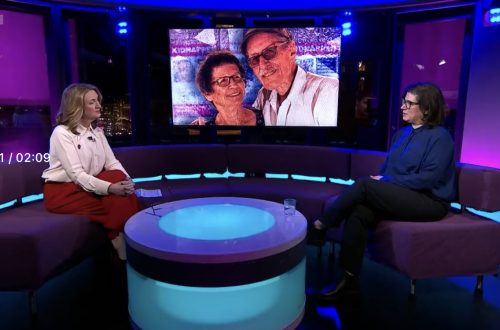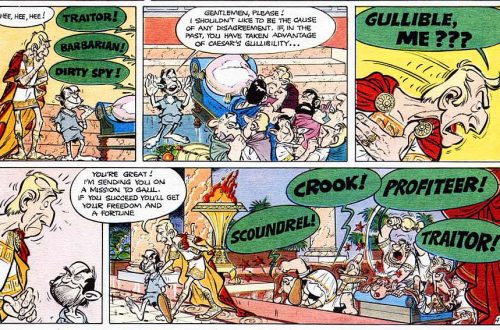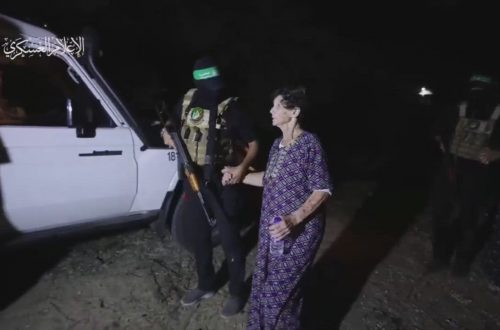Cross-posted from Airforce Amazons
Peter Hessler’s book Oracle Bones is about his experiences working in China from 1999 to 2002, going from being a clipper at the Beijing bureau of the Wall Street Journal to a feature writer for The New Yorker and others. An earlier book that I haven’t read, River Town, is about his time as an english teacher in China.
Oracle Bones covers his view of the big news stories of those years, the 1999 US bombing of the Chinese embassy in Belgrade, the 2001 collision between a US electronic surveillance plane and a Chinese fighter jet, the suppression of the Falun Gong movement, and the massive economic change taking place in China.
A great part of the book looks at these events through the experiences of friends and ex-students, giving a strong sense of the struggles of individuals with little power having to navigate a life in unstable times.
At the same time he traces a story of Chinese archaeology, of the history of Chinese writing, and of the lives of archaeologists through all the conflicts from the Boxer Uprising through to the Cultural Revolution.
Peter Hessler was in China at the time of the 9/11 attacks. He describes how bootleg DVDs and VCDs of the attacks appeared in video shops as soon as three days after the attacks. The covers for the 9/11 videos were designed to look like Hollywood blockbusters, with scrambled credits and blurbs in english lifted from other films, “TOUCHSTONE PICTURES presenta JERRY BRUCKHEIMER production david TOM HANKS silen TWITNESS,” and so on. Two of them have credits lifted from Patton. He writes that the Patton credits were particularly common on all sorts of bootlegs, even a movie on high school cheerleading.
The official Chinese government response to the attacks was one of sympathy and solidarity in the face of terrorism, but Peter Hessler found the popular response to be quite different, with anti-Americanism quite common, unsurprisingly in view of the historic and recent antagonism between China and the US:
In part, it seemed to be habit – so many years of anti-American propaganda had settled into people’s minds. But it was also connected to everything that had been left out of the news. In the past, the media had rarely reported on tensions in Xinjiang – like Tibet, it was generally portrayed as a peaceful place whose indigenous people were happy to be a part of China. Few average Chinese knew that their own government was concerned about the spread of Islam in the West.
Watching the Chinese 9/11 bootlegs, the contents of some reflected the covers, swiping Hollywood soundtrack music, and even cutting in clips from Hollywood films with the news footage. And then there was the VCD made up of coverage by Phoenix Television:
After the attacks, Phoenix Television had cut advertisements and broadcast live for thirty-six hours. That was the only privately owned Chinese-language news station that broadcast on the mainland, and it was also the only network that covered the event so closely. Rupert Murdoch’s News Corporation owned 40 percent of Phoenix, which was based in Hong Kong but targeted mainland cable subscribers. The station hoped someday to become the CNN of China. Phoenix’s access to the Chinese market depended on a good relationship with the Communist Party, and sometimes the private station’s coverage was even more nationalistic than that of the government stations. […]
One of the VCDs that I found in Yueqing had been compiled mostly from Phoenix broadcasts. Whereas the government had avoided any criticism of America, Phoenix’s tone was completely different. In the hours after the attacks, the station featured a man named Cao Jingxing, who was identified only as a “Political Commentator.” He said, “Why aren’t other countries hated like the United States of America? Let’s try to think about that.” He commented on the hijackings: “Why were the hostages taken so easily? The glory of the Americans was lost in just a few seconds.” […]
The Chinese-language station use Fox footage of New York and Washington, D.C., which was almost as disorienting as the Hollywood cut-ins. The Fox logo appeared in the corner, and the images were the same ones that Americans watched, but here the shots were joined by the anti-American commentary in Chinese. I remembered Willy’s comment about the Chinese government being unable to express the way that it really felt. That was politics, but this was business; the media gave the people what they wanted. News Corp. used the same footage to sell patriotism in America and in China, and in both places the people bought it.
Thanks to Enda for the book.


